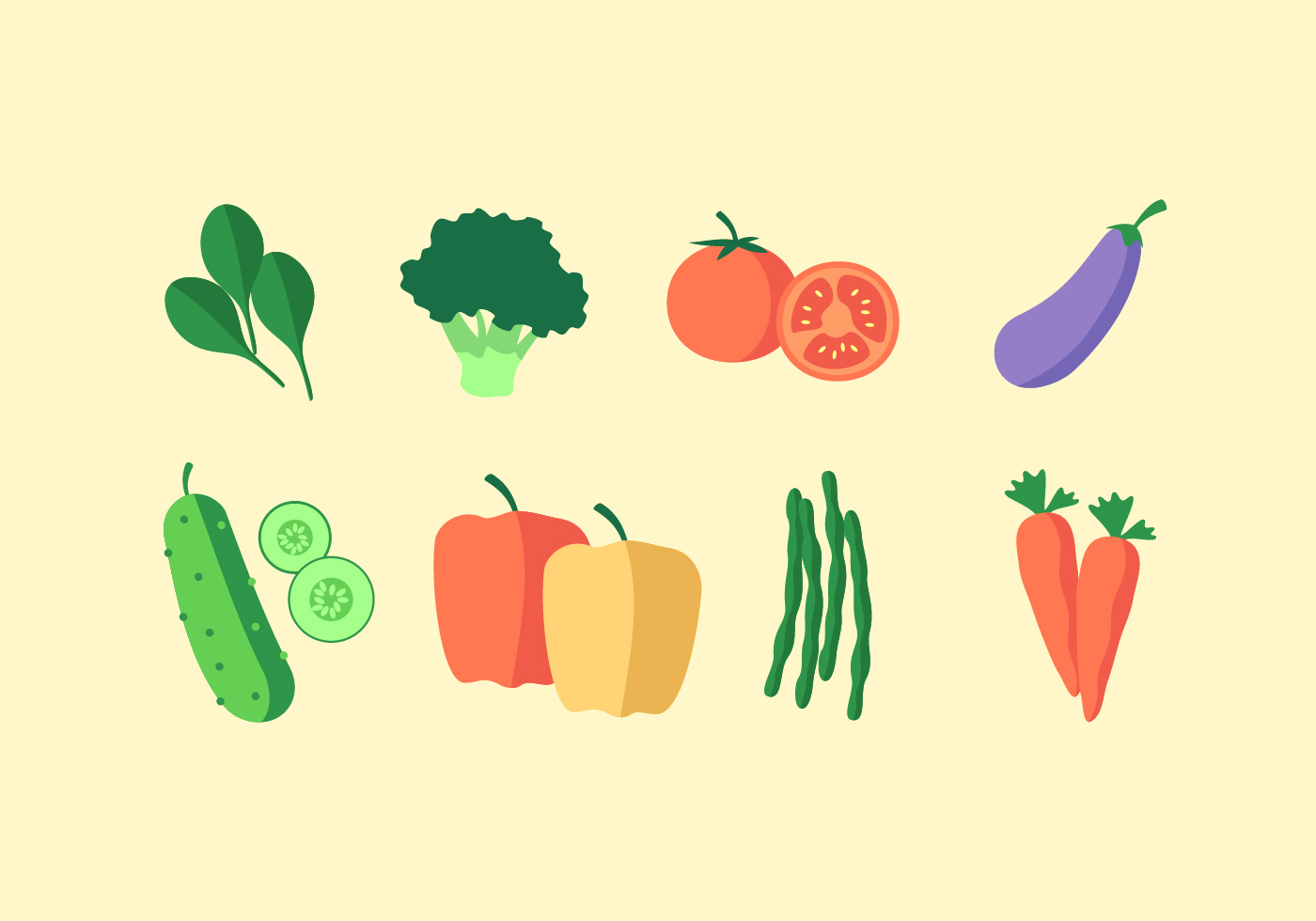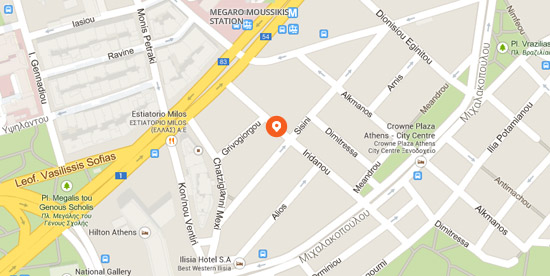Food vs. common cold
More than 200 viruses may cause the common cold. Rhinovirus, which is the most common, accounts for about 30 – 50 % of all colds. It is transmitted through physical contact, when shaking hands, or touching a door knob/ surface as well as through air. Corona virus family accounts for about 10 – 15% of colds.
The common cold is an infection that mainly targets the respiratory system. More specifically, the virus enters via the airways, sinuses, nasal cavity or the throat and when there it grows. The human body then reacts by producing antibodies and mucus. The virus is destroyed by the antibodies, by the acids in our stomach when it is swallowed and at the same time it is emitted with mucus when we blow our noses.
The likelihood of getting sick is significantly reduced if we do the vaccines recommended by the national public health authorities. Vaccines, although very important and necessary, unfortunately cannot protects against every virus. For the prevention of viral infections, individual protection measures are also very important. For example, we shouldn’t come in contact with people infected by the virus, we should regularly wash our hands properly, we shouldn’t touch our face etc.
Due to current events and the emergence of corona virus which is highly contagious, as well as the lack of a vaccine for said virus, many turn to nutrition for help. However food is not a cure, nor does it reduce the likelihood to be taken sick. Furthermore food literally cannot “boost” our immune system. Simply, nutrients of a balanced diet participate to the proper function of the immune system. Examples of those are phyllic acid, zinc, iron, selenium, vitamins C, D, B12, B6 etc.
This is why it is crucial for all to have a balanced diet and no nutritional deficiencies. This is essential for people of all ages, perhaps slightly more for the elderly, since due to reduced appetite they may follow diets of little variety and therefore to have an increased risk of nutritional deficiencies. In addition, during periods of quarantine, brought on as a response to corona virus, the elderly’s access to food may be limited, leading to even less nutrients intake.
In broad terms, a balanced diet includes legumes, cereals, vegetables and fruits on a regular basis. Especially concerning fruits and vegetables variety is necessary. Also, fish should be included and less frequently red meat.
Food supplements cannot replace a balanced diet. However when there are diagnosed nutritional deficiencies they may help compensate for specific nutrients alongside a balanced diet. Remember we do not have strong evidence that supplements can improve the immune system. Below we list certain often referenced supplements.
The first is Zinc. The evidence concerning common cold prevention are mixed. Some studies show zinc intake helps while others show it doesn’t. In contrast it seems it does help, to a degree, in battling the cold’s symptoms. At any case you shouldn’t take this substance without an expert’s advice, since it reacts with other medicine you may be taking and hence you could experience serious side effects.
The second supplement is Echinacea. Both about prevention and symptom suppression research has yielded mixed results ergo it is difficult to say with certainty if this herbal helps or not.
Vitamin D is third. Although evidence is mixed here too, a meta-analysis of 11000 patients-volunteers demonstrated that the more one lacks vitamin D (<25 ng/ml) the more they benefit from the administering of vitamin D supplements by lowering the probability to fall ill with acute respiratory infection. A different study of 1000 patients didn’t show the same results. Therefore it is good to be vitamin D sufficient even without an expert’s advice.
Finally vitamin C in large doses seems to reduce the duration of symptoms, but it doesn’t prevent the cold either. Its consumption should follow an expert’s advice to avoid side effects, like diarrhea or nausea.
Be carefull, all of the above about dietary supplements concern the common cold or the flu. There are not, for the time being, studies about covid-19 specifically.
If you are sick make sure you drink a lot of fluids and opt for healthy meals. Despite not feeling particularly hungry, you should eat. Food is not medicine but it does support our immune system so that the latter can perform properly and overcome disease more effectively.









